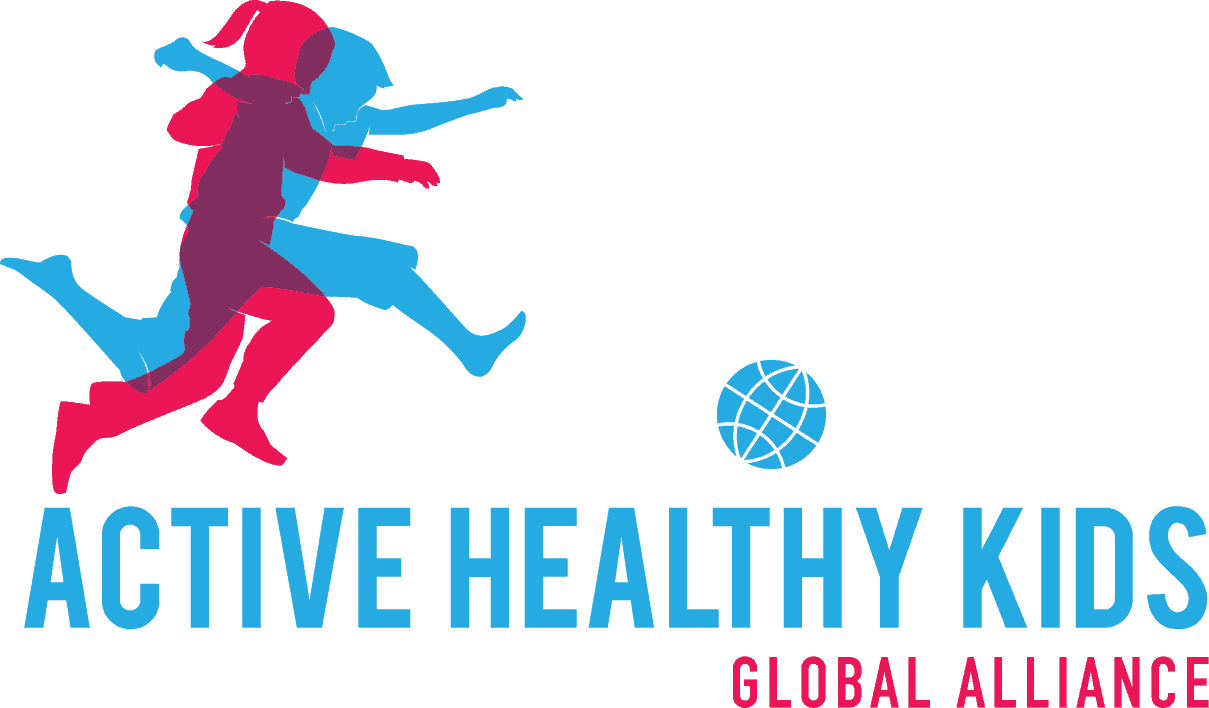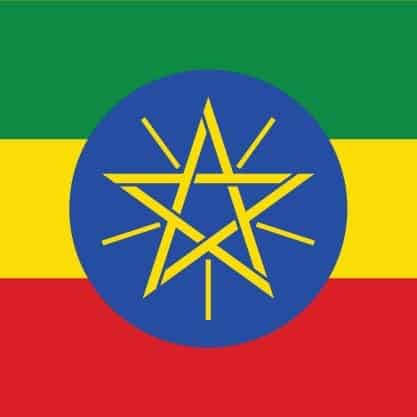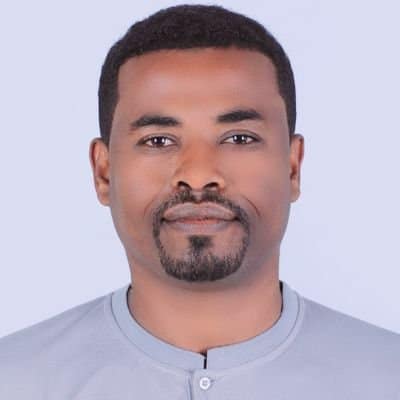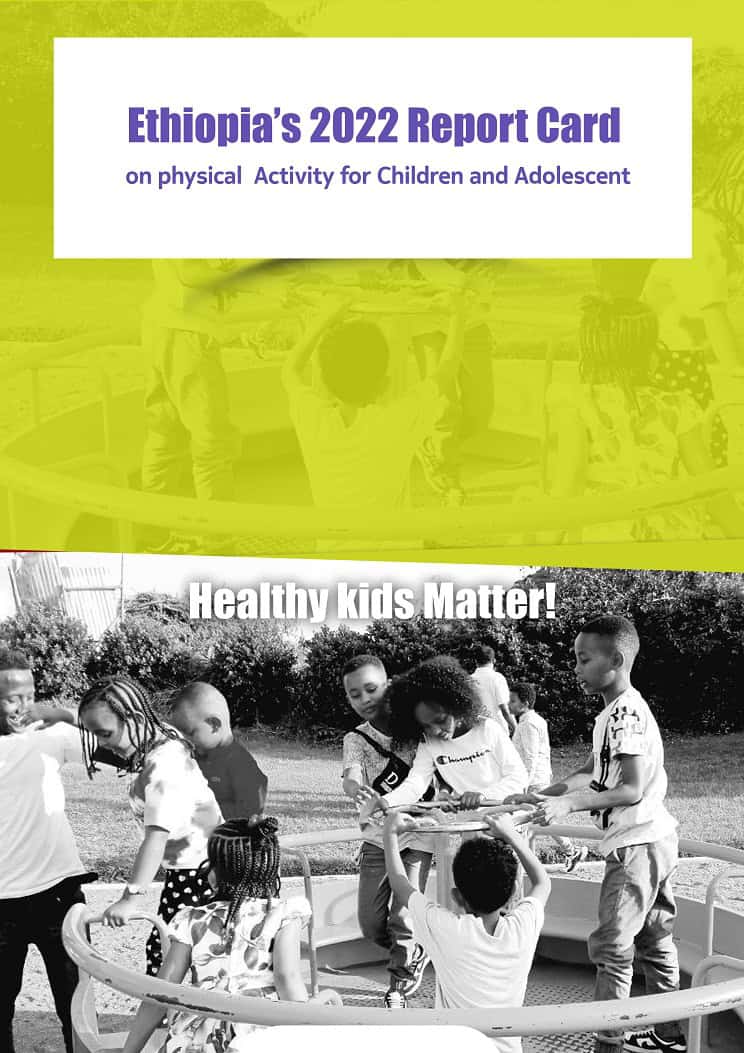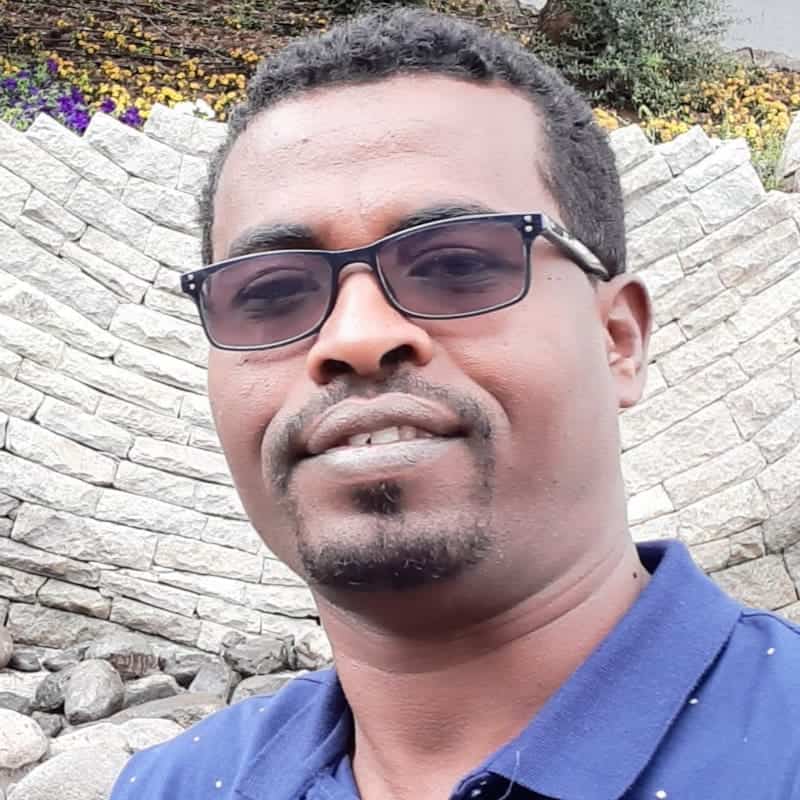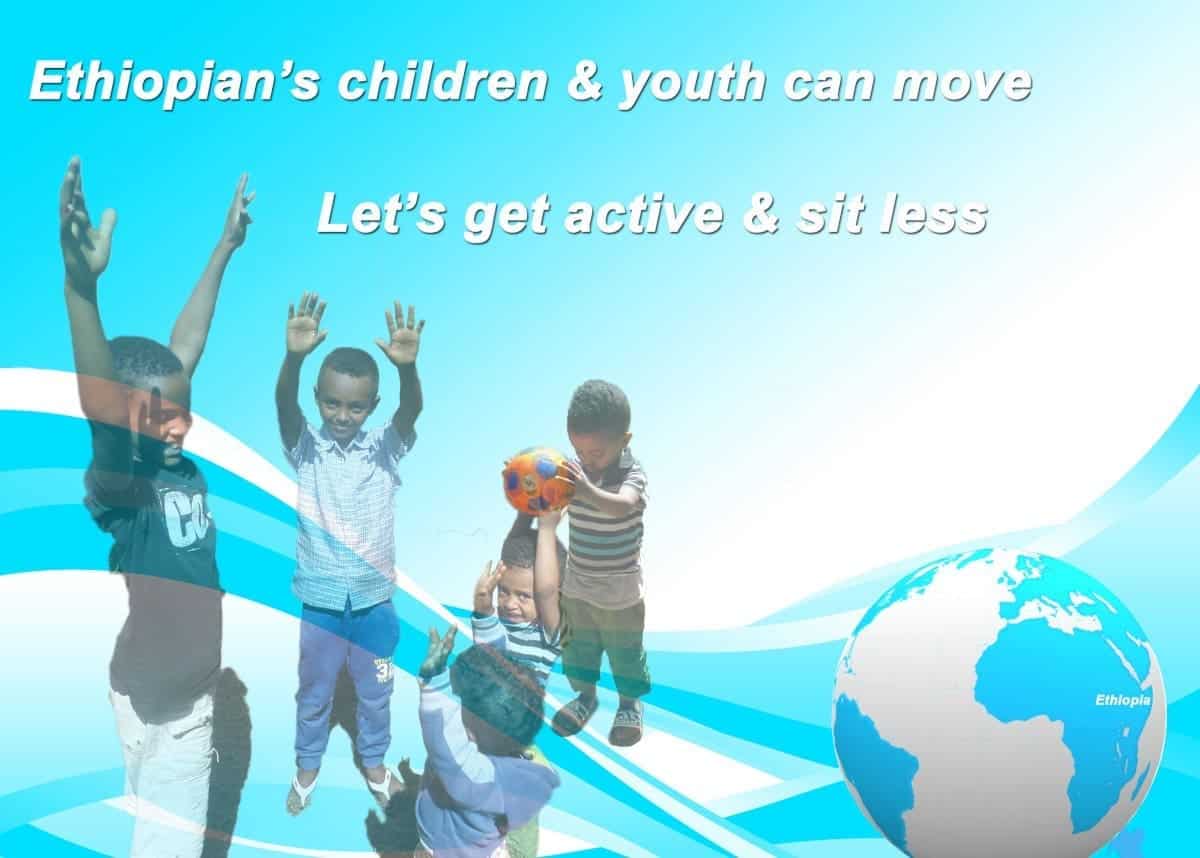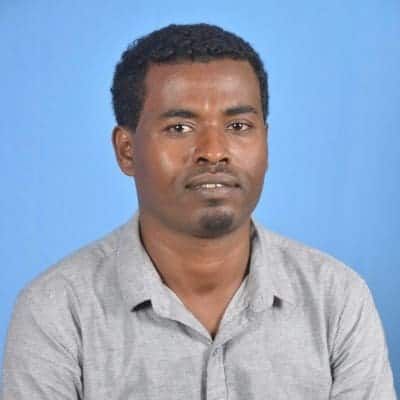
Report Card Leader
Chalchisa Abdeta, PH.D.
Chalchisa Abdeta is a dedicated early-career researcher who completed his PhD in Physical Activity and Health at the University of Wollongong, Australia. His research focused on 24-hour movement behaviours—physical activity, sedentary behaviour, and sleep—and their impact on children’s health and development. Throughout his academic journey, Chalchisa has gained valuable skills in wearable devices data processing and analysis in R, research translation, and has contributed to humanitarian research on movement behaviours in the context of forced migration due to conflict or climate change.
Chalchisa has led several key surveillance initiatives in Ethiopia, drawing on over eight years of experience in physical activity research among children, adolescents, and adults. His collaborations with the Global Matrix initiatives, the SUNRISE international study, and the Global Observatory for Physical Activity have been pivotal in advancing the understanding of physical activity patterns and their health implications. In addition to his research, Chalchisa is dedicated to promoting physical activity as a means of preventing non-communicable diseases (NCDs).
In recognition of his work, Chalchisa was awarded the Patrice L. Engle Dissertation Grant in Early Child Development from the Society for Research in Child Development, United States, and the 2022 Outstanding Higher Degree Research Proposal Award from the School of Education, University of Wollongong, Australia.
He is an active member of several professional societies and networks, including the International Society for Physical Activity and Health, International Society of Behavioral Nutrition and Physical Activity, Australasian Society for Physical Activity, Society for Research in Child Development, the International Network of Time-Use Epidemiologists, and the Australian Health Promotion Association.
Report Card Grades
- Overall Physical Activity: F
- Organized Sport and Physical Activity: C-
- Active Play: B
- Active Transportation: B-
- Sedentary Behavior: C+
- Physical Fitness: INC
- Family and Peers: F
- School: A-
- Community and Environment: C-
- Government: C
Related Links
Report Card Leader
Chalchisa Abdeta, PhD student
Chalchisa Abdeta is a PhD student at Early Start, University of Wollongong, Australia. He is a member of the International Society of Physical Activity and Health (ISPAH) and AFRO regional representative for ISPAH Early Career Network. Chalchisa holds a Bachelor of Science (BSc) in Physiotherapy from the University of Gondar in 2009. Then, he focused his graduate study in general public health and graduated with a Master of Public Health (MPH) from Haramaya University in 2016. Furthermore, he took several training courses on physical activity and non-communicable diseases (NCDs). Chalchisa is collaborating with different global organizations for physical activity advocacy, research and surveillance in Ethiopia. He actively engaged in the SUNRISE International Study (focus on 24-hour movement behaviour study in early years), Global Matrix initiatives (development of children’s physical activity ‘Report Card’) and Global Observatory for Physical Activity (development of adult’s physical activity ‘Country Card’) representing Ethiopia. Chalchisa’s research focuses on children’s physical activity with special focus on 24-hour human movement behaviours (physical activity, sedentary behaviour and sleep time) in early years. You can reach him on Twitter @chali4PA or via email.
Report Card Grades
- Overall Physical Activity: D
- Organized Sport and Physical Activity: C
- Active Play: B
- Active Transportation: C
- Sedentary Behavior: F
- Physical Fitness: INC
- Family and Peers: F
- School: D
- Community and Environment: F
- Government: D
Top Three Priorities
- Development and implementation of a consistent national surveillance system of physical activity and sedentary behavior.
- Policy formulation and resource allocation for physical activity interventions.
- Increase physical activity participation and limit time stay on screen-based technologies.
Report Card Leader
Chalchisa Abdeta, MPH
Chalchisa Abdeta is young physical activity researcher in Ethiopia. Currently, he published about 5 research papers on physical activity and sedentary behaviour. His special research interest is physical activity and sedentary behaviour among children and adults. He obtained Master of Public Health from Haramaya University and Bachelor of Physiotherapy from University of Gondar on July 2016 and 2009 respectively. He took several training courses on physical activity and non-communicable diseases (NCDs). He is working as country representative for physical activity in Ethiopia at Active Healthy Kids Global Alliance and Global Observatory for Physical Activity-GoPA since December 2016. He is passionate physical activity advocate on social media and to tackle NCDs in Ethiopia since 2015.
Testimonial
"I am proud to be a part of the AHKGA Global Matrix 3.0 initiative. The current research gaps on physical activity among children & youth in Ethiopia highly eagers our future involvement in AHKGA initiative. Exploring more evidence to create more active, healthy and happy kids in Ethiopia will be a key." - Chalchisa Abdeta, MPH
Conference Abstract: Movement to Move
Ethiopia 2018 Report Card on Physical Activity for Children and Youth
Chalchisa Abdeta1*, Zelalem Teklemariam1, Alem Deksisa2, Endashew Abera2
1Department of Physiotherapy, Hiwot Fana Specialized Haramaya University Hospital, Harar, Eastern Ethiopia
1College of Health and Medical sciences, Haramaya University, Harar, Eastern Ethiopia
2Department of Public Health, Adama Hospital Medical College, Adama, Ethiopia
2Clubfoot Program, Cure Children Hospital, Addis Ababa, Ethiopia
Abstract
Introduction: Children and youth aged from 5-17 years old are advised to move 60 minutes moderate to vigorous intensity aerobic activities in every day. However, technologies such as smartphone, play game, TVs and others are discouraging children & youth to move.
Methods: A review of literatures, policy documents and experts interview were made following Active Healthy Kids Global Alliance (AHKGA) guidelines and indicators. Children and youth aged from 5-17 years were included in the report card. Data were collected from December 2017 to April 2018.
Results: Even though there is limited evidences about physical activity on children and youth, the experts were explored more to grade for all indicators. Detail information is shown on table 1 below.
Table 1: Ethiopia Report Card on Physical Activity for Children and Youth
| Indicator | Grade | Rationale |
| Overall Physical Activity | D | In Ethiopia, majority of children and youth are take part in home chores and light work every day for family help. Our team estimated that 28% of children and youth (17% urban & 39% rural) meet 60 minutes moderate physical activity every day. |
| Organized Sport Participation | C | Almost 50% of children and youth are participating in school athletics, handball, volleyball and football competitions at all levels for several times in a year. |
| Active Play | B | Experts estimated that 71% of children and youth involved in active play for a minimum of 2 hours a day before, during and after school. |
| Active Transportation | C | Approximately 48% of children and youth (31% in urban and 65% rural) are walking to and from school. |
| Sedentary Behaviours | F | About 13% of children and youth spend on screen time such as mobile game, play station and TV views for no more than 2 hours per day. |
| Physical Fitness | INC | There is no adequate information in the country to assign a grade for this indicator. |
| Family and Peers | F | Approximately 14% of children and youth are encouraged and get support from their family members like buying bike, handball or football for their child to move |
| School | D | Our team estimated that 32% of schools in the country have access of infrastructures like sport field, outdoor playground, multi-purpose spaces for physical activity. |
| Community and Environment | F | Approximately 8% of children and youth live in environment that have inevitable infrastructure like sidewalks to engage in physical activity. |
| Government | D | There is policy existence for physical activity in the country non-communicable diseases (NCDs) agenda. However, it was not implemented yet. |
Conclusion: The results showed that many policy, practice and evidence gaps are visible about physical activity on children and youth in Ethiopia. Thus, further work should be done to reverse this situation through multi-sectoral collaboration.
